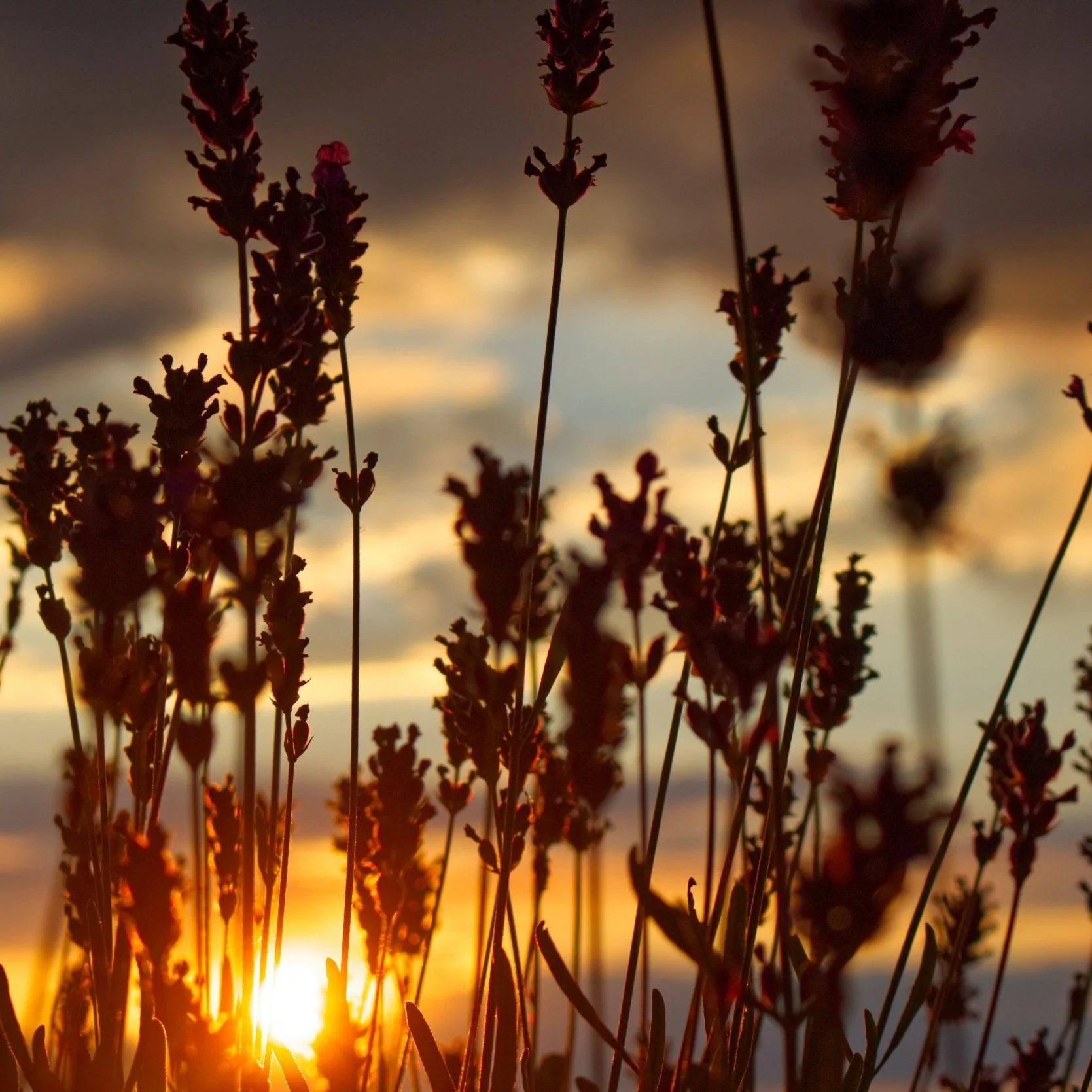Overlapping Holidays Celebrating Rebirth, Liberation and Hope
As you may or may not know, many people are coming out of, in the midst of, or moving into a spiritually rich time and celebratory time of the year. Outside of the Spring Equinox in the northern hemisphere), they all vary in actual date each year, but most of them are always around this time, which feels very fitting because they share some important common themes that align with the energy of the Awakening of Spring. I am going to share a bit about each of these holidays and then share some Interspiritual thoughts (if you will). Please also forgive me/correct me for any mistakes I make in the following!
Muslims are currently celebrating Ramadan, the most sacred month of the year, which this year runs from March 23 – April 21. This sacred month is when Muslims believe God first began orally revealing the Qu’ran to the final prophet, Muhammad (it is believed that the oral revelation came through the archangel Gabriel incrementally over 23 years) and tasked Muhammad with carrying God’s message. During Ramadan, Muslims fast from sunrise to sunset – abstaining from eating, drinking, smoking, sexual activity, lying, gossiping or fighting. This spiritual practice is meant to enhance the relationship with Allah by remembering that Allah is the sustenance needed to live, and also to promote equality, humility and compassion for all. During the month, Muslims often spend time praying, reciting the Qur’an and doing good deeds. They donate to charity, and spend time with loved ones, especially at the three-day celebration at the end of Ramadan called Eid al-Fitr (“Festival of the Breaking of the Fast”). Note that Islam follows the lunar calendar (which is 11 days shorter than the solar year/Gregorian calendar) and so the timing of Ramadan changes each year.
For Jews, we are coming up to the celebration of Passover (Pesach in Hebrew), which will take place from sunset the evening of next Wednesday April 5th – sunset the evening of Thursday April 13th. Passover celebrates the early Israelites’ exodus from Egypt and is a celebration of freedom from many years (somewhere between 215 – 430 years) of slavery. Passover is celebrated by the hosting of ritual dinners (called seders), and the retelling of the Exodus through stories and song. And during the week+ of the holiday, Jews also abstain from eating all leavened bread (and some abstain from other foods as well) for a week. It is a time of rituals, gathering with loved ones, matzo ball soup and more. You can read more about the story and rituals of Passover here. In terms of timing, Passover always begins on the 15th day of the month of Nishan, which is a lunar month in the Jewish calendar (and accordingly the 15th is always a full moon). The Jewish calendar is also a lunar calendar, but because of the 11-day(ish) discrepancy between the lunar and solar calendars, that doesn’t work because there is a biblical commandment that Passover must be in the Spring (interesting, right!). So, about 2000 years ago, a decision was made to solve this issue by adding a second Adar month (Adar is the lunar month that precedes Nisan) in seven out of every 19 years. You can learn more about the calendars here.
For Christians, this is a very holy time of the year leading up to Easter on April 9th. Practicing Christians are currently observing lent for the six weeks prior to Easter, in which they “give up” something symbolically to honor Jesus Christ’s sacrifice when he went into the desert to pray and fast for the 40 day before he died on the cross. Leading up to Easter is Maundy Tuesday, which honors the Last Supper (which was a Passover seder FYI). And then, Easter celebrates the resurrection of Jesus Christ, which signifies freedom from mortal sin and death. On Easter, many Christians attend church services, revisit the story of Jesus’s death and resurrection through story and song. This is often followed by gatherings with loved ones or community brunch, an easter egg hunt, or other chosen traditions. Easter occurs on the first Sunday following the first full moon after March 21st. Originally, Easter was celebrated on the Sunday following Passover (Nisan 15), but then in 325AD at the first Nicean council, Christians decided to set their own date for Easter.
Passover and Easter tend to fall within a month of one another because of the way the calendars were set, and no surprise, they both occur around the Spring Equinox. They are celebrating an arrival of hope, freedom, salvation – a return of the light. And Ramadan is similar. All of these holidays celebrate a prophet who is connected to God gifting the people with salvation, truth, light. So what fitting timing for them to occur around the Spring Equinox, the moment in the year when the light begins to overtake the darkness.
Ostara is the Pagan/Wiccan celebration of the Spring Equinox, which occurs on the Spring Equinox (March 20 or 21st depending on the exact year). This is a celebration of the arrival of Spring, the return of the light, and a celebration of fertility, rebirth and renewal. Do you see the patterns – each of the other holidays I’ve shared above are about liberation, rebirth and renewal – spiritually, physically and energetically. If you want to learn more about these holidays and reflect personally on how these themes are showing up in your life during this time of year, the recording of the Spring Equinox Call is available here (note that two songs have been removed from the recording for copyright reasons so if you notice the recording feels choppy at the beginning and end, that’s why). ;)
As you move through this time of the awakening Spring, I invite you to notice how the Spring energy is showing up in you. What is awakening in you and how are you feeling? And of course, if you know anyone who is observing or celebrating holidays this time of year, wish them a Ramadan Mubarak (Happy Ramadan), Happy Pesach or Happy Passover, Happy Easter, or Happy Ostara/Equinox.
May your days be filled with the awakening of love and light (literally) and may the light around you and within you overtake the darkness.
Rev. Devin Green
The Connected Way™

